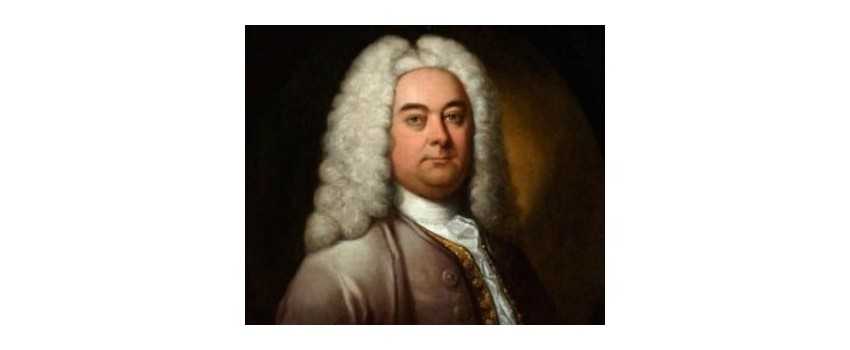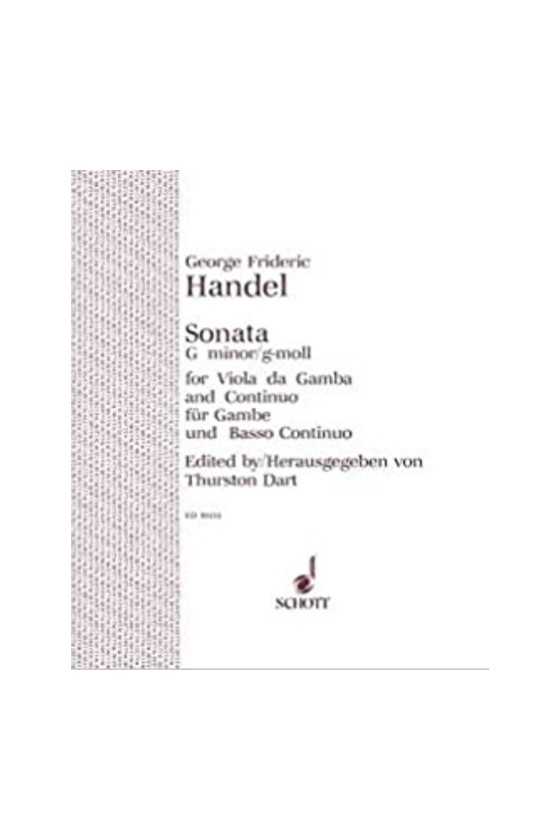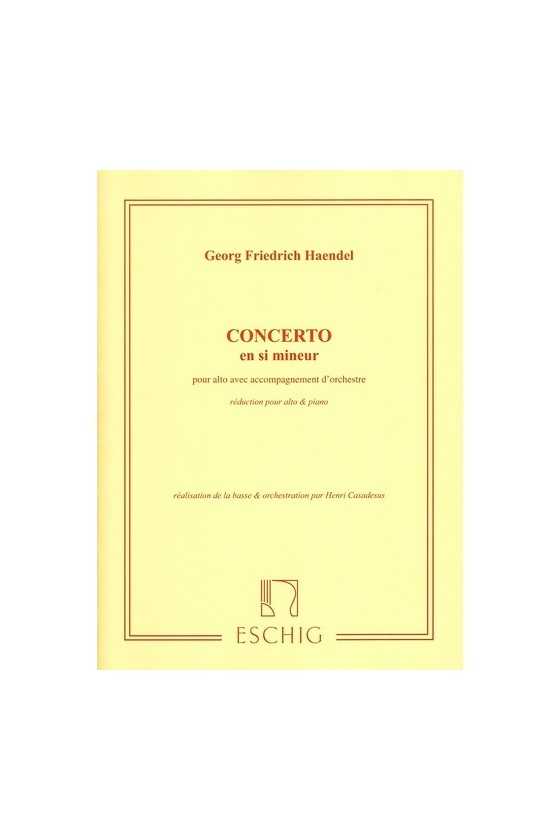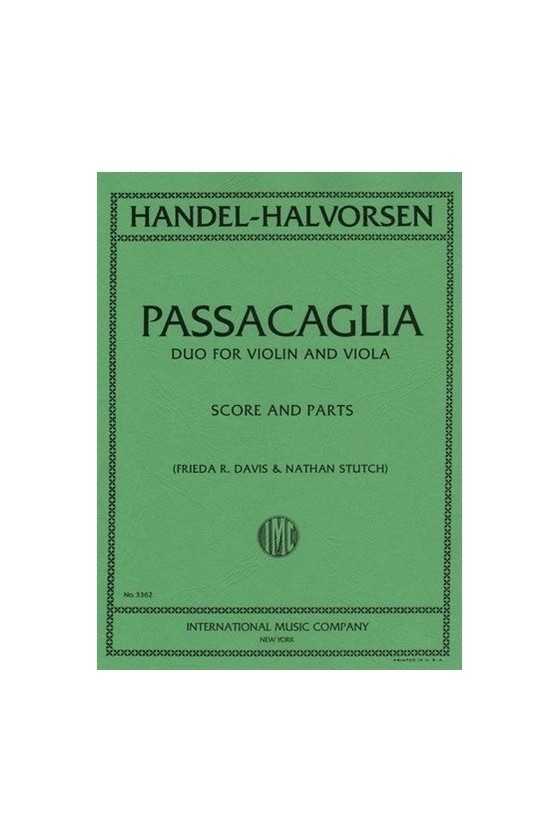Handel, George Frideric
George Frideric Handel (23 February 1685 – 14 April 1759), renowned especially for his operas, oratorios, and instrumental compositions, was a German-born English composer of the late Baroque period. He wrote Messiah (1741), the most popular of all oratorios, and is also renowned for such occasional pieces as Water Music (1717) and Royal Fireworks Music (1749). At an early age, George Frideric Handel displayed a pronounced talent for music, becoming a professional keyboard player by age 9. While the thought of his son seeking a career in music did not impress his father, Handel pursued his artistic inclination, becoming well-established for his compositions later.
It wasn't until 1712 that Handel made his way to London to begin the majority of his career and became an official British citizen in 1727 after receiving his formal musical instruction at Halle. Both the polyphonic choral tradition of medieval Germany and the composers of the Italian Baroque impacted him greatly. "High Baroque" composer Handel's work represents a high point, bringing Italian opera to its most entire level of development, developing English oratorio and organ concerto, and adding a new type of English church music to its repertoire. He has received many accolades as one of the best living composers throughout the years.
English nobles would be supplied with Italian opera by Handel's three commercial organizations. After a mental and physical collapse in 1737, he refocused his artistic efforts on the middle class and began writing English choral compositions. His opera Messiah (1742) was the last Italian opera he wrote. However, many people still enjoy his orchestral pieces, such as Water Music and the Royal Fireworks. Every British coronation since 1727 has included Zadok the Priest, one of his four coronation hymns. A wealthy and well-respected man who had become almost blind before his death in 1759, Pitt was accorded a state burial at Westminster Abbey.
Over more than 30 years, Handel created more than forty opera serias. Interest in Handel's music has increased since the late 1960s. Handel was described as "a theatrical talent of the highest order" by Winton Dean's musicologist. Classical composers, like Mozart and Beethoven, were enamored by his work. Twelve thousand people witnessed the inaugural performance of Handel's Music for the Royal Fireworks in 1749. To raise money for the London Foundling Hospital, he organized a Messiah performance in 1750. The show was a huge success, and he continued to appear annually after that for the rest of his life. The day following his first performance, Handel was appointed a governor of the hospital to reward his generosity. He left the facility a copy of Messiah when he died. A permanent display at London's Foundling Museum, which also houses the Gerald Coke Handel Collection, commemorates his connection with the Foundling Hospital. Additionally, Handel donated to a foundation that helped artists and their families struggling to make ends meet.
Handel was critically wounded in a carriage accident in the Netherlands between The Hague and Haarlem in August 1750 while returning from Germany to London. One of his eyes began to deteriorate in 1751. Chevalier Taylor, the famed charlatan, operated on a cataract that caused the problem. This didn't help his vision at all; it could have made things worse. By 1752, he was blind. At 74, he died at his home on Brook Street. Messiah was his most recent theater experience. London's Westminster Abbey is where Handel is buried. His funeral, conducted with full state honors, drew almost 30,000 people. No one knows what happened in Handel's personal life. Johanna was the primary beneficiary of his will, although four codicils transferred most of his assets to other family members, servants, acquaintances, and charitable organizations.
In 1760, after his death, Handel's art collection was sold at auction. Seventy-five paintings and ten prints were included in the auction's catalog (other paintings were bequeathed).




